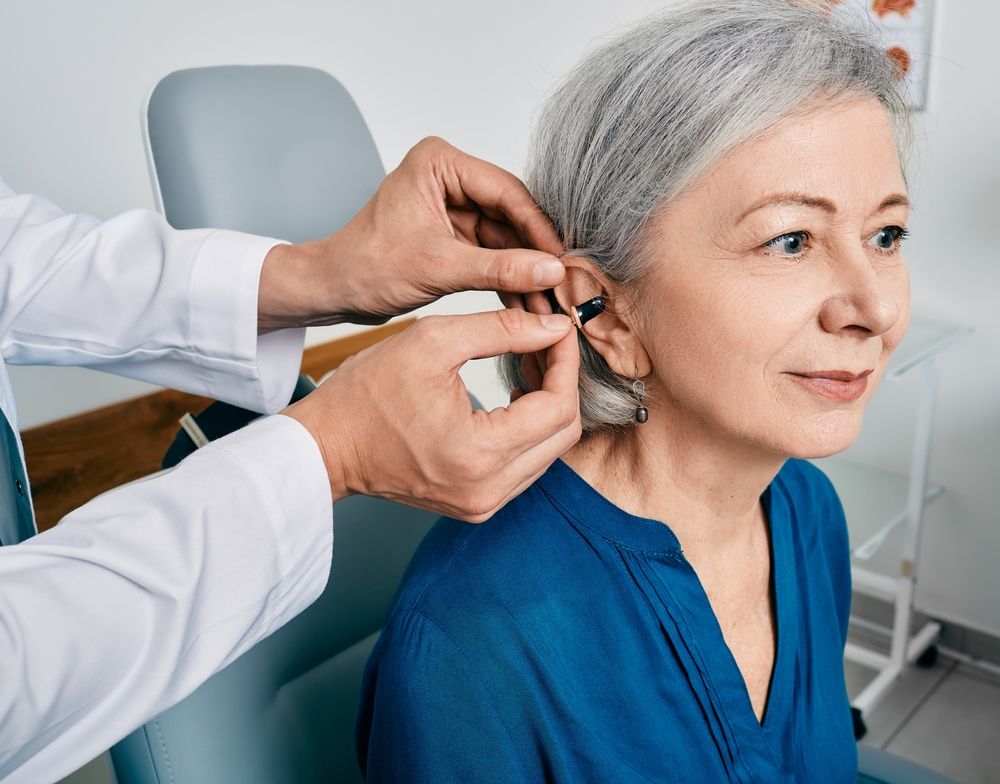
Getting fitted with hearing aids for the first time can be both thrilling and a little overwhelming. Taking the initiative to improve your hearing can have a profound impact, enabling you to participate more fully in conversations, reinforce relationships with friends and family, and restore a deeper connection to the sounds that enrich your daily life. With any unfamiliar situation, it’s common to have concerns, especially regarding the comfort of wearing hearing aids and the time required to become accustomed to them.
New users frequently have apprehensions about the experience. Will the hearing aid be awkward or unpleasant to use? Will ordinary noises be overwhelming at first? How long will it take to adjust to normal sounds? Most individuals share these worries, yet with proper guidance and some patience, many discover that using hearing aids becomes a normal and convenient aspect of their everyday activities.
Let’s explore what to anticipate during the adjustment period and how you can make the transition as hassle-free as possible.
What to anticipate during the preliminary adjustment period
So, are hearing aids uncomfortable? At first, they may take some getting used to, particularly if you’re not accustomed to having objects in your ears. Just like using a new pair of glasses or getting used to a wristwatch , it takes time for your brain and body to adapt.
You will observe the most substantial changes in two primary areas in the initial weeks of using the product.
Bodily feeling
You may initially feel some pressure or unfamiliarity in your ear canal. This is entirely normal. Many hearing specialists recommend easing into use, starting with a few hours a day and gradually increasing the duration.
Some minor inconvenience is okay, but pain is not okay. If you experience soreness or pain from your devices, reach out to your hearing care specialist without delay. They can adjust the fit or try a different design better suited to your ear shape.
Sound perception
Experiencing day-to-day sounds that were previously unheard can be one of the most unanticipated aspects of adjusting to a new environment.
The hum of the refrigerator, birds singing outside your window, or your own footsteps may seem amplified at first. Accordingly, your brain is reacquainting itself with a broader spectrum of acoustic signals.
It might feel overwhelming, but your brain will slowly learn to filter out trivial background noise and focus on what really matters, like voices and music. Your auditory system is essentially redressing and adapting to new sounds.
Tips to improve hearing aid comfort and efficiency
The great news is that there are numerous strategies to help you feel more comfortable and self-assured while adjusting to your new hearing aids:
1. Begin gradually
You don’t have to feel obligated to use your hearing aids all day instantly. Begin with one to four hours a day, particularly in quieter environments like your home.
Gradually increase as you become more comfortable with the feel and sound of the devices.
2. Practice makes perfect
To help your brain adapt, use your hearing aids while taking part in stimulating activities. Enjoying an audiobooks while following along or watching movies with subtitles can help improve speech recognition and boost your listening skills in an enjoyable and engaging way.
3. Keep in touch with your hearing specialist
Fit and performance go hand-in-hand. If something doesn’t feel right, whether it’s how the device fits in your ear or how the sound is being handled, don’t wait. Your hearing care provider can fine-tune your devices and give recommendations for better results. An indinidualized hearing aid customized to your specific ear shape and requirements could be the most appropriate option in specific scenarios.
Discovering a new world of sound
It’s completely normal to go through a brief adjustment period with your hearing aids. Through routine wear, persistent maintenance, and guidance from your audiologist, your new hearing aids will rapidly become an essential part of your daily life.
Instead of paying attention to the device, you will redirect your focus towards the pleasure of improved conversations, natural sounds, music, and regular social exchanges.
The key is patience, practice, and remaining proactive about your comfort. Soon, your hearing aids will not only improve how you hear, but also how you live.
